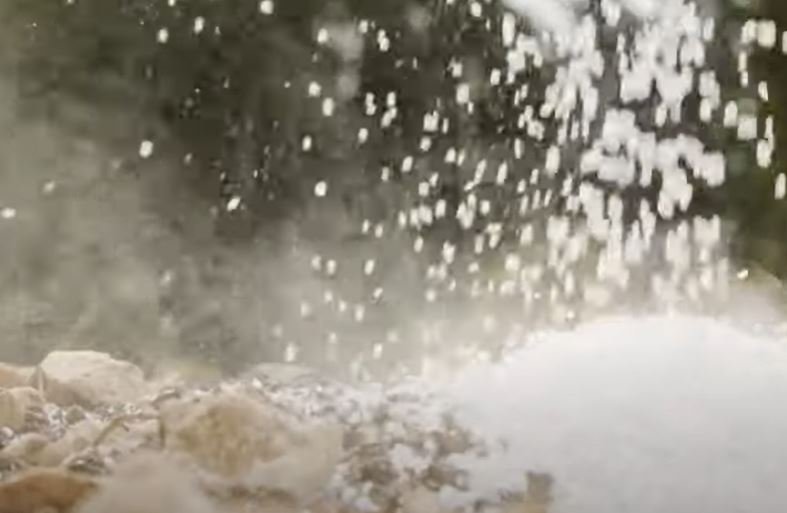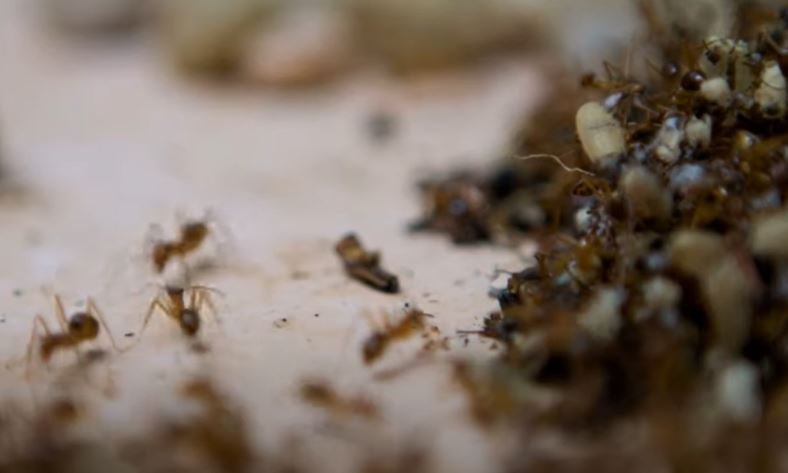Introduction: Black garden ants, scientifically known as Lasius niger, are a common nuisance for homeowners, especially during warmer months. These tiny insects can invade your living space in search of food, water, and shelter, often creating unsightly trails and causing frustration. Fortunately, there are several effective strategies for controlling and eliminating black garden ants without resorting to harmful chemicals. In this comprehensive guide, we’ll explore a range of natural and practical methods to help you get rid of black garden ants and reclaim your home and garden.
Understanding Black Garden Ant Behavior: Before tackling an ant infestation, it’s helpful to understand the behavior and habits of black garden ants. These ants typically establish nests outdoors, often in soil, mulch, or beneath rocks and paving stones. However, they are also adept at foraging indoors, particularly in kitchens, pantries, and areas where food crumbs and spills are common. Black garden ants are attracted to sugary substances, proteins, and other food sources, making kitchens and dining areas prime targets for infestation.

*Identify and Seal Entry Points: The first step in ant control is to identify and seal any potential entry points around your home. Inspect the exterior of your house for cracks, gaps, and openings where ants might gain access. Seal these entry points with caulk or weatherstripping to prevent ants from entering. Pay particular attention to areas around windows, doors, pipes, and utility lines.
*Maintain Cleanliness Indoors: Ants are attracted to food crumbs, spills, and other sources of nourishment. To discourage ant activity indoors, practice good hygiene by keeping your kitchen and dining areas clean and free of food debris. Wipe down countertops, sweep floors, and promptly clean up spills to eliminate potential food sources for ants. Store food in airtight containers and keep ripe fruit stored in the refrigerator.

*Use Natural Repellents: Several natural ingredients can act as effective ant repellents without posing harm to humans, pets, or the environment. Peppermint oil, vinegar, cinnamon, and citrus peels are all known to deter ants due to their strong scents and acidic properties. Create homemade ant repellent sprays by mixing these ingredients with water and spraying along ant trails, entry points, and other areas of infestation.

*Deploy Ant Baits: Ant baits are an effective method for controlling ant colonies at their source. Commercial ant baits contain slow-acting insecticides that ants carry back to the nest, where they share it with the colony, ultimately leading to its demise. Place ant baits in areas of high ant activity, such as along ant trails, near entry points, and in corners where ants congregate. Be patient, as it may take several days or weeks to see results.
*Utilize Diatomaceous Earth: Diatomaceous earth is a natural, non-toxic substance that can be used to kill ants and other crawling insects. Made from the fossilized remains of diatoms, diatomaceous earth is abrasive to insects’ exoskeletons, causing them to dehydrate and die. Sprinkle diatomaceous earth in areas where ants are active, such as along baseboards, behind appliances, and near ant nests outdoors. Reapply after rain or heavy moisture.
*Practice Outdoor Ant Control: In addition to addressing ant infestations indoors, it’s essential to manage ant activity in outdoor areas surrounding your home. Keep outdoor spaces tidy by removing debris, leaf litter, and other organic matter that can provide harborage for ants. Trim back vegetation and shrubbery that may come into contact with your house, as ants can use these as bridges to gain access indoors.
Conclusion: Dealing with black garden ants can be a challenging task for homeowners, but with the right strategies and persistence, you can effectively control and eliminate ant infestations around your home. By identifying and sealing entry points, maintaining cleanliness indoors, using natural repellents, deploying ant baits, utilizing diatomaceous earth, and practicing outdoor ant control, you can significantly reduce ant activity and prevent future infestations. Remember to be patient and consistent in your efforts, as ant control may require ongoing maintenance to achieve long-term success. With these methods, you can enjoy a pest-free home and garden without the use of harmful chemical




